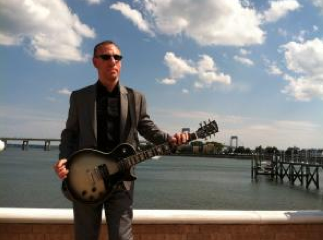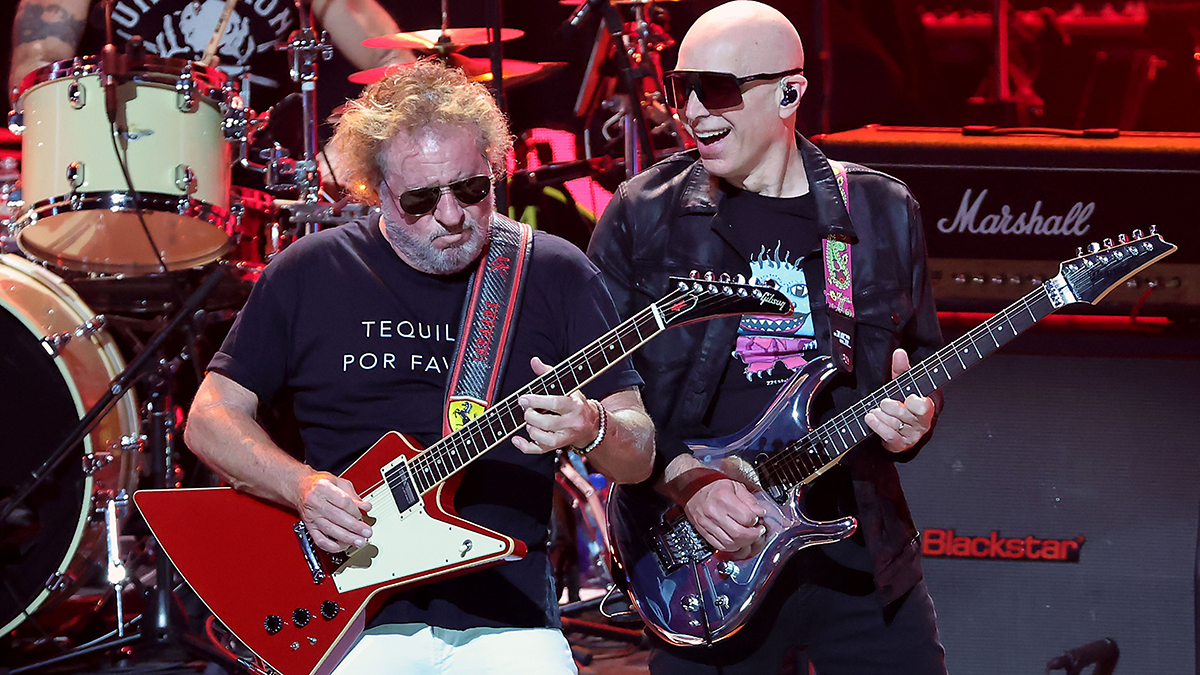The Complete Guitarist: How to Be a Better Student

Before I go any further, I'd like to say I'm sorry to my all my past teachers and instructors.
After writing this blog post, I realized how, for the first 15 years of my career, I never really followed the advice I am now sharing with my readers.
Please accept my humble apologies; I realize now that if I would've followed my own words, I would've saved myself a lot of time and grief over the years.
In a previous blog post, I wrote about how to be an effective teacher.
In this column, I'd like to discuss the flip side of this topic: how to get the most out of your teachers and become a better student, guitarist, musician and, ultimately, a better person.
01. Have a Goal or Vision in Mind: It is important to have an idea of where you want to go as a guitarist and have clear-cut goals in mind. The goals could be small when you begin, such as learning the first string accurately from the Mel Bay Guitar Method Book One or bigger goals as you progress, such as memorizing all the guitar parts from The Who's Quadrophenia. No goal is more important than another. They just represent different levels of progress that will increase with more practice and dedication, but it all starts with a clear vision. If you don't know where you want to go, then the path you take really doesn't matter all that much.
02. Use a Metronome: Think your rhythm is good? Play with a metronome and see how much work you need. I cannot stress the level of importance for a guitarist and a musician in general to having a good sense of rhythm and timing. You will curse the day you ever set eyes on one, but the use of a metronome is invaluable to your musical growth and progress. Practicing with one makes all the difference in the world and you will not regret it!
Get The Pick Newsletter
All the latest guitar news, interviews, lessons, reviews, deals and more, direct to your inbox!
03. Seek Out a Great Teacher: Much like a metronome, having a great teacher will make a big impact on your overall musicianship and outlook toward the guitar and music in general. Your teacher should inspire you, push you, twist you and nurture you all at the same time. A great teacher will adapt to your personality and level of ability while still encouraging you to find your own voice and style on the guitar. Remember a great teacher will show you where to look but not what to see. I always tell my students that I can show them the tools they need to build something great but I can't show them what to build. That's up to them.
04. Perfect Practice: This goes without saying, but it needs to be said. All the great lessons you can possibly learn from the greatest teachers ever don't amount to anything if you don't practice. Set up a consistent practice schedule and do the homework. Make a list of questions to ask your teacher at the next lesson that stem from the homework you have done already. The key is consistency and hard work. But here is the secret: in my experience, if you are putting the work in and setting goals and achieving them and reaching new plateaus, this will not feel like work at all. It will be a joy to pick up your guitar and practice. You will have that hunger to learn because you are getting better and moving forward. But this will never happen without consistent time and effort.
One thing is for sure: You will never become a better guitarist by reading about it. So get off the computer, stop reading this column and get to it! Feedback is always welcome!
Guitarist Richard Rossicone is a veteran of the New York City and Long Island original and cover band scene. He's been playing since he was 8, when he attended his first concert (Kiss) and saw Pete Townshend smash a guitar. He has studied with various instructors over the years, which led him to a career in music therapy. He began his educational journey at Queensboro Community College, where the faculty introducing him to classical music. He received his associate's degree in fine arts in 1997 and went on to receive his bachelor's in music therapy in 2001 and his master's in music therapy from New York University in 2004. He's been Board Certified as a music therapist since 2002. Richard continued his studies at C.W. Post University, pursuing a second master's degree in classical guitar performance and music history, studying under Harris Becker. He's been teaching guitar, piano and theory since 2002 and in 2006 started his own company, Rossicone Music Studios. Richard is the co-lead guitarist in Bad Habits, NYC's premier Thin Lizzy tribute band. Visit him at Axgrinder.com
“Even the thought that Clapton might have seen a few seconds of my video feels surreal. But I’m truly honored”: Eric Clapton names Japanese neo-soul guitarist as one to watch
“You better be ready to prove it’s something you can do”: Giacomo Turra got exposed – but real guitar virtuosos are being wrongly accused of fakery, too









